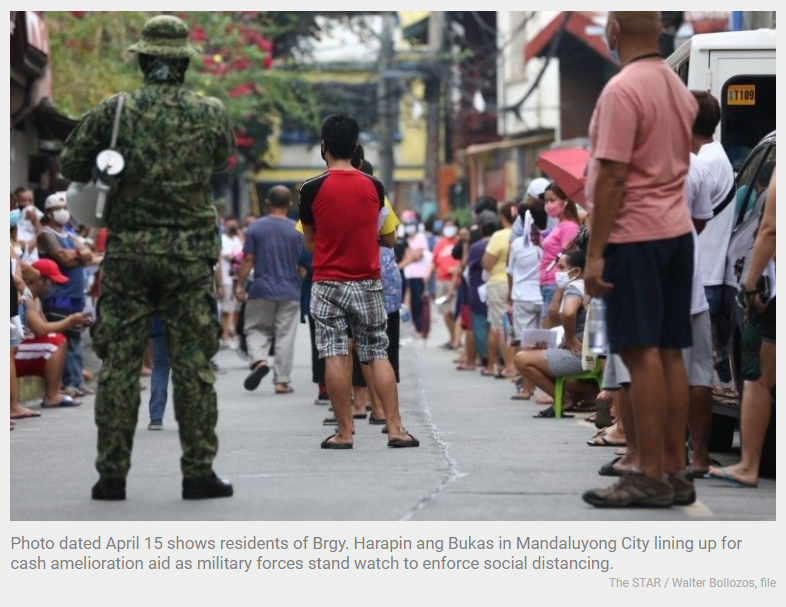‘Philippines still vulnerable to COVID-19 setbacks’
MANILA, Philippines — The Philippines remains highly at risk of facing hiccups due to still low vaccination rates even as the economy is slowly reopening, a global think tank said.
In a report, Oxford Economics said its latest recovery tracker for Asia-Pacific showed that overall momentum has been hampered over the past few months due to the more transmissible Delta variant.
This has prompted the reimposition of mobility curbs in many countries in the region.
The Philippines did not escape such a surge and implemented its third round of lockdown in August and September.
Oxford senior economist Lloyd Chan said the deterioration of the health situation that led to strict quarantine measures weighed on activity and consumption even as people were starting to adjust to the new normal.
Oxford’s sub-tracker for the Philippines showed a modest uptick in September following the lows in August due to easing of restrictions.
The same can be said in neighboring Southeast Asian states that also experienced the Delta surge such as Malaysia, Thailand and Vietnam.
“While we think the recovery in these developing economies will be supported by easing restrictions, they remain vulnerable to COVID-19 setbacks,” Chan said.
This is primarily due to the still low vaccination rates in many developing economies compared with those of advanced states that were able to roll out at a much faster pace.
Based on the 13 largest economies in the region covered by the tracker, the Philippines is fourth to the last in terms of vaccination rates.
Data from the government showed that the Philippines has given 52.3 million doses, with 24.3 million people already fully vaccinated, representing 22 percent of the population.
It is just slightly above the jab rates in Taiwan, India and Vietnam.
Singapore remains the leader in terms of vaccination with over 80 percent of its people already inoculated, followed by China and Malaysia.
“Recovery prospects for developing Asian economies have also been bolstered by a generally faster increase in vaccination rates in the third quarter relative to the first half of 2021,” Chan said.
“Still, with the exception of China and Malaysia, vaccination rates remain relatively low, with less than half of the populations fully vaccinated,” he said.
While most countries in the region have bounced back from the severe economic plunges last year, Chan maintained that new COVID-19 outbreaks due to possible variants have posed regular setbacks.
Further, as economies shift their strategies by dealing with the virus instead of eradicating it, Chan said improving vaccination coverage should help protect the population from serious disease and deaths.
Still, risks remain as reopening, as witnessed over the past 19 months, may lead to another surge.
Nonetheless, the think tank maintained that Asia-Pacific will bounce back and return to being a powerhouse region.
“We remain optimistic that the region will resume its role of being the fastest-growing part of the global economy next year,” Chan said.
Source: https://www.philstar.com/business/2021/10/22/2135758/philippines-still-vulnerable-covid-19-setbacks


 English
English




